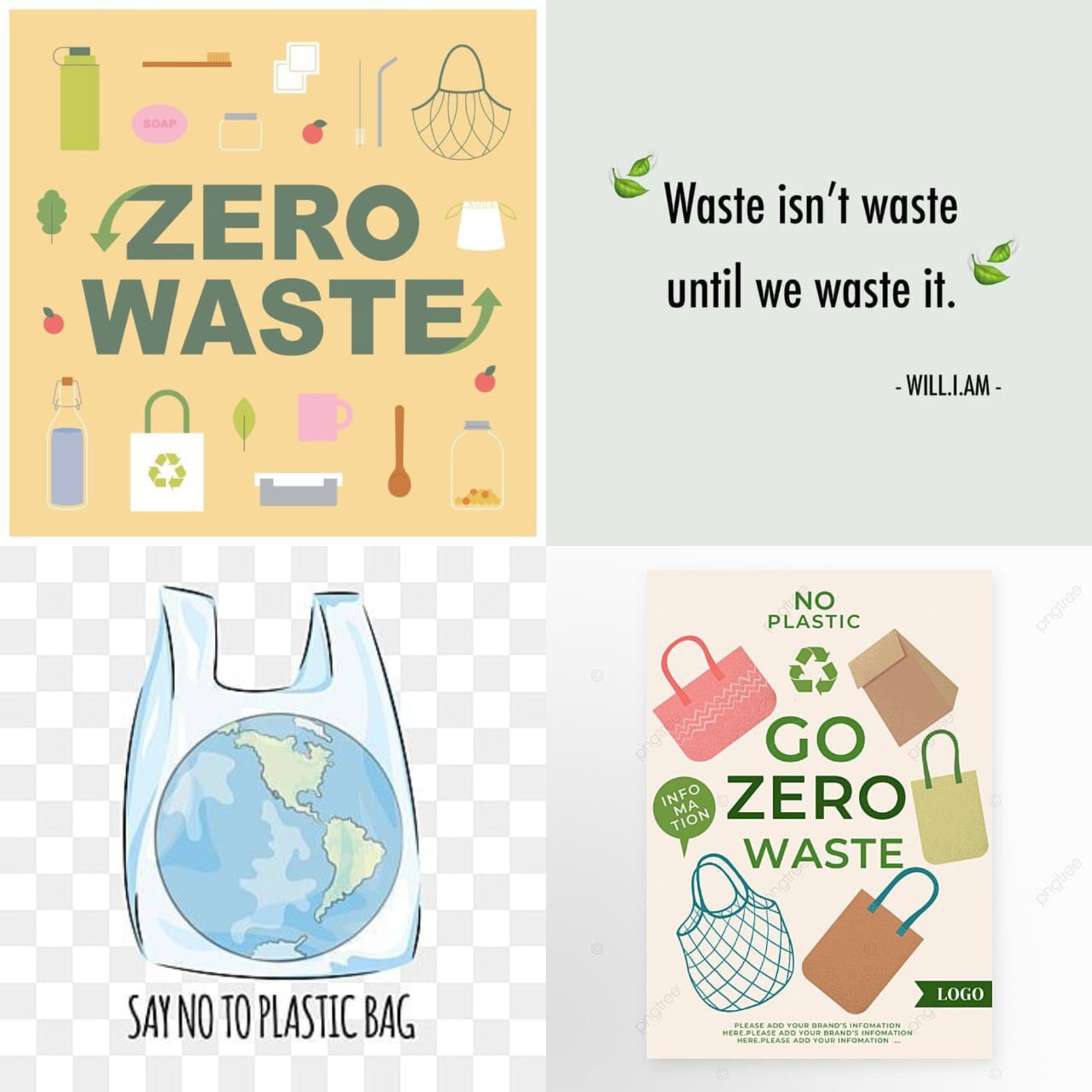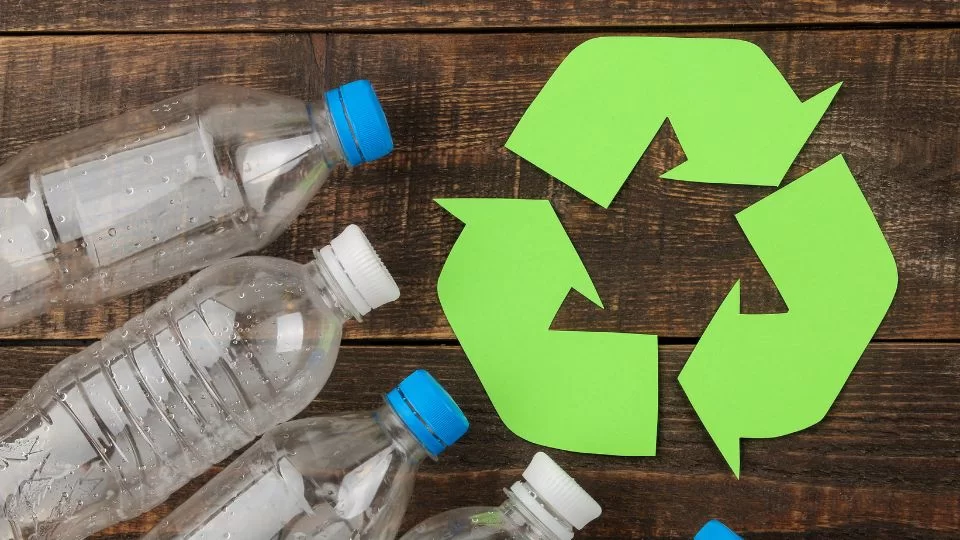
WASTE IS VALUEABLE, WASTE IS A RESOURCE; ESPECIALLY PLASTIC WASTE AND ITS RECYCLING JOURNEY
Waste as a Resource: A Multistakeholder Journey
Recycling is a complex, Multistakeholder journey that involves governments, corporations, communities, and individuals. Recognizing waste as a valuable resource is essential in our efforts to create a sustainable future. As stated by the United Nations Environment Programme (UNEP), "Recycling is not only an environmental necessity but an economic opportunity."
Waste and Plastic Consumption Patterns: India vs. the World
India and the rest of the world exhibit distinct waste and plastic consumption patterns. Globally, approximately 300 million tons of plastic are produced each year, with only 9% being recycled, according to a report by Science Advances. In contrast, India generates around 3.4 million tons of plastic waste annually, recycling approximately 60% due to a robust informal recycling sector. However, challenges remain with mixed waste streams and inadequate infrastructure. The Central Pollution Control Board (CPCB) highlights that "segregation at source is critical to effective waste management."
Standard Sizes of Bottles: India vs. the World
Globally, PET bottles are available in standard sizes like 250 ml, 500 ml, 1 liter, and 2 liters. Many countries primarily use these 2-3 different sizes, streamlining the recycling process. In contrast, India has a wider variety of PET bottle sizes, including 200 ml, 250 ml, 500 ml, 1 liter, and 2 liters, among others. This diversity creates additional challenges in waste segregation and recycling, as it complicates sorting and processing compared to the more uniform sizes used in other countries. According to the Indian Institute of Packaging, "The variety in bottle sizes in India complicates the recycling process, necessitating more advanced sorting mechanisms."
Government Actions: Converting Waste to Resource
Governments worldwide and in India are implementing initiatives to convert waste into valuable resources. In India, the Swachh Bharat Mission promotes waste segregation, recycling, and awareness campaigns. Project REPLAN, for instance, transforms waste plastic into tiles, with the Khadi and Village Industries Commission (KVIC) stating, "Project REPLAN has shown that waste plastic can be effectively converted into useful products." Globally, initiatives like the European Union's Circular Economy Action Plan aim to increase recycling rates and reduce waste through innovative policies and technologies. The European Commission notes, "Our goal is to transition to a circular economy where waste is minimized and resources are reused."
Ecodhra's Initiative for Recycling
At Ecodhra, we take pride in transforming waste into valuable products, embodying the principles of a circular economy. Our journey begins by rescuing PET bottles destined for landfills or oceans. Through innovative processes, we upcycle these bottles into versatile fibers, creating products such as bags, stationery items, and home decor.
Our flagship brand, EcoDhra, stands for sustainability, with a soon-to-be-launched website dedicated to 100% sustainable products. Looking ahead, we plan to recycle silver foil-based packets, converting chips and detergent packaging into valuable fibers. Additionally, we are developing compact machines to efficiently convert plastic bottles into fibers, furthering our commitment to environmental conservation.
Ecodhra is dedicated to turning discarded items into eco-friendly products, showcasing our creativity and commitment to a sustainable future. As we say, "Join us in making a difference, one bottle at a time."



